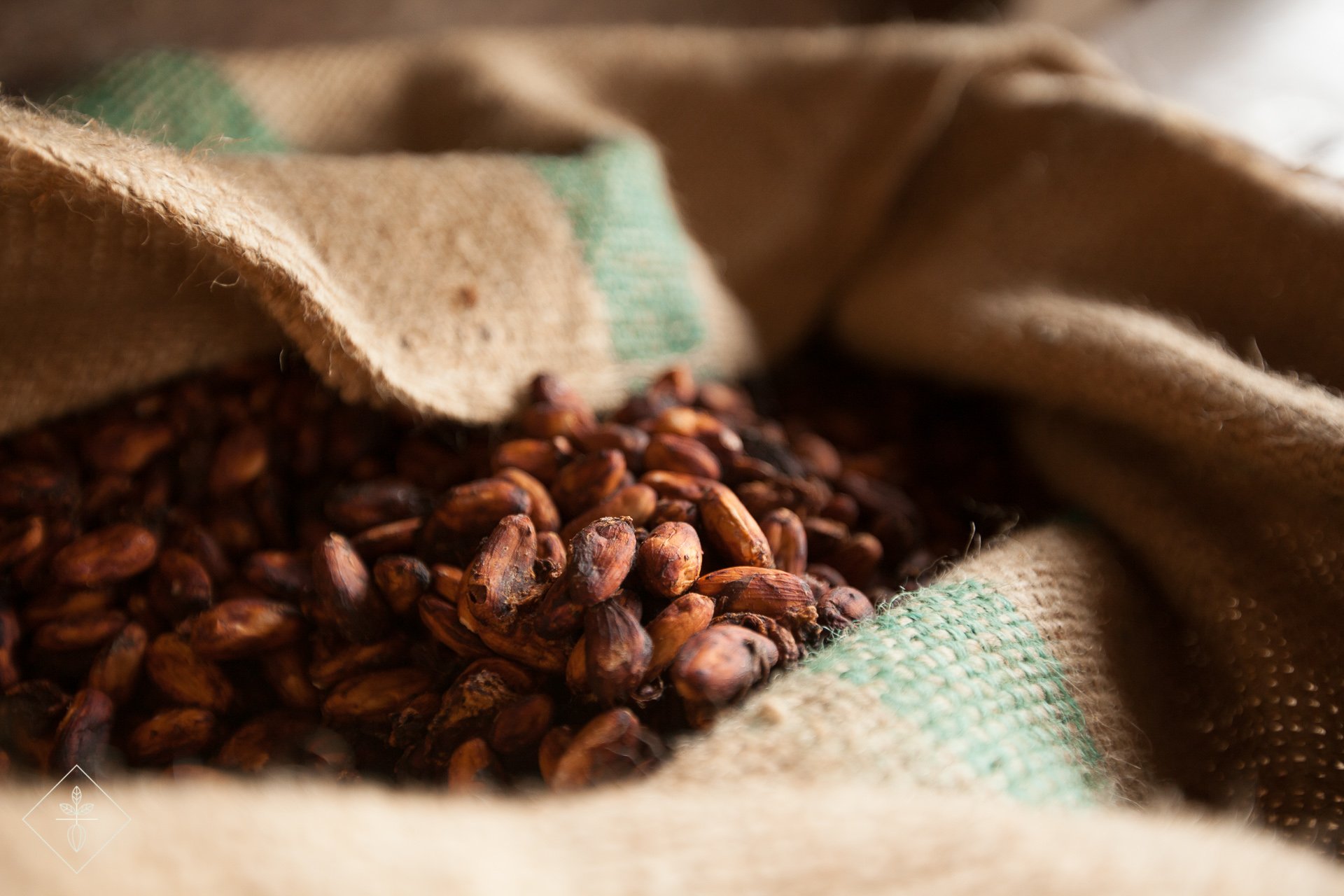TRIP TO TENOM: NEXT ENCOUNTER WITH FARMERS
Our first encounter in Ranau was exhilarating, our hearts were content, and we knew that we were on the right path to successfully find cacao in Malaysia. With a promise of great quality!
Nearly 200 km later, we arrived in Tenom and slept at Tenom Hotel owned by a native guy who lived in Australia for 35 years. And it happened to be across the street from the Malaysian Cocoa Board office (aka MCB), convenient.
Monday morning, 19 May
We were warmly greeted by Mr Hairie Limbat, Research Officer and Ms Nazmiah Binti Mohd Duin, Head of Unit at Tenom's regional office.
Mr Hairie took us to a cacao village named Pal, and he introduced us to Mr Lau who is a loyal cacao farmer for more than 30 years and a teacher at a local Tenom school.
We learnt the types of trees he had, how he maintained them and how much he produced; he’s just one farmer with another employee running two hectares! Quite a lot of work for just two people.
Walking through Mr Lau’s farm was a magical experience – field full of cacao, and fruits such as bananas, mangosteens, papaya, pineapple, mandarins and longan. Mouth-watering. But I won't go without mentioning the amount of mosquitos hovering around us, I just hate mosquitos!
After walking through Lau’s farm in high temperatures of 33° with mega humidity, we sat down in his house with a praying mantis perched awkwardly on the curtain behind us. We drank a well appreciated 100Plus and we asked about the current climate for cacao farmers. This is a rather long subject, so I’ll try and keep it concise to the point...
The reason why we asked about the current climate for cacao farmers was because we found it difficult to drive around and see any cacao trees. Hairie told us that you used to be able to see cacao trees as far as the eye can see and he explained that over the past twenty years the farmers switched to palm plantations because it was easier and better money.
There are a number of reasons why they switched to this crop:
Cacao trees are sensitive to disease and pests
High maintenance of tree and environment
Harvesting all year round
Delicate processing after harvesting
Dried beans decreased in value
With such sensitivity, delicate processes, high intensive labour, and little reward – you wouldn't think twice about switching, would you?
Spending more time with the officers from the Malaysian Cocoa Board has given us greater insight to what they do, what they've achieved and how it positively impacts the cocoa industry for Malaysia. And a note worth mentioning is that they give farmers incentives and guidance to get better yield from their crops, and they really do encourage growing cocoa by controlling the price and quality to a high standard.
With all their good practices, the results are apparent; farmers are producing well therefore their income becomes greater, and the results are influential to their neighbours making them switch back to their original crop: cocoa.
Good news all round!









